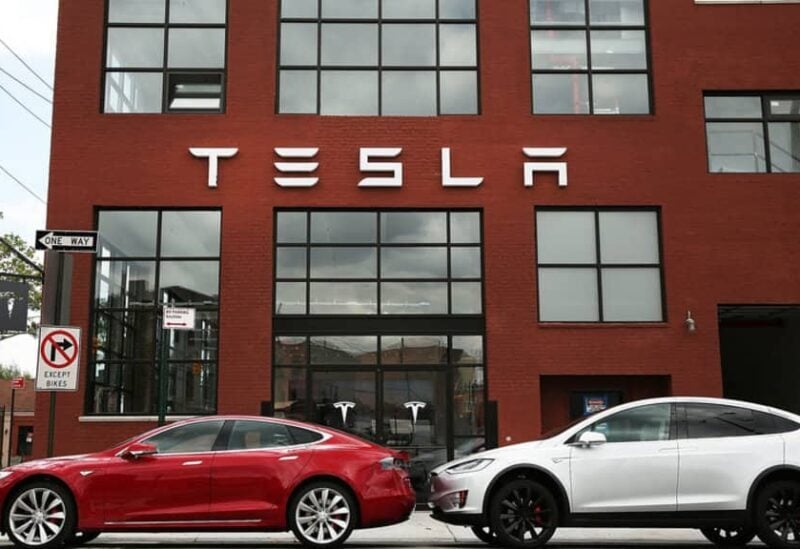
Tesla cars
On Thursday, a U.S. appeals court denied Tesla Inc’s plea to rapidly impose stiffer civil fines for automakers that fail to fulfill U.S. fuel economy regulations.
In April, the Second Circuit U.S. Court of Appeals denied the electric car manufacturer’s request for urgent action awaiting a review by the National Highway Traffic Safety Administration (NHTSTA). In August, Tesla requested the court for urgent action once more. On Thursday, the court issued a short order dismissing that motion.
Tesla sells credits to other manufacturers to help them fulfill federal car emissions criteria, and the company claims that those credits have become less valuable as a result of regulatory changes implemented by former President Donald Trump’s administration.
The NHTSA issued a notice in August stating that it may apply heavier fines for past model years. In December, it presented a draft plan to the White House for regulatory scrutiny.
Automobile manufacturers have stated that increasing fines may cost them at least $1 billion per year, both for failing to meet the regulations and for charging higher costs for credits required to fulfill the rules.
In its last days, the Trump administration postponed a 2016 regulation that more than increased penalties for manufacturers failing to satisfy Corporate Average Fuel Economy (CAFE) criteria.
Tesla met with the NHTSA in August and encouraged them to reverse Trump’s decision immediately.
A coalition of major manufacturers, including General Motors (GM.N), Toyota (7203.T), Ford (F.N), and Volkswagen (VOWG p.DE), lobbied against Tesla’s request.
“The fact that Tesla could benefit from greater confidence regarding the value of the CAFE credits that it has accumulated is hardly a justification to halt an existing administrative procedure,” the organization told the appeals court.
Stellantis, the parent company of Chrysler, estimated in August that the expenses associated with possibly increased CAFE fines might total 521 million euros ($597 million). Fiat Chrysler paid over $150 million for failing to fulfill criteria in 2016 and 2017.